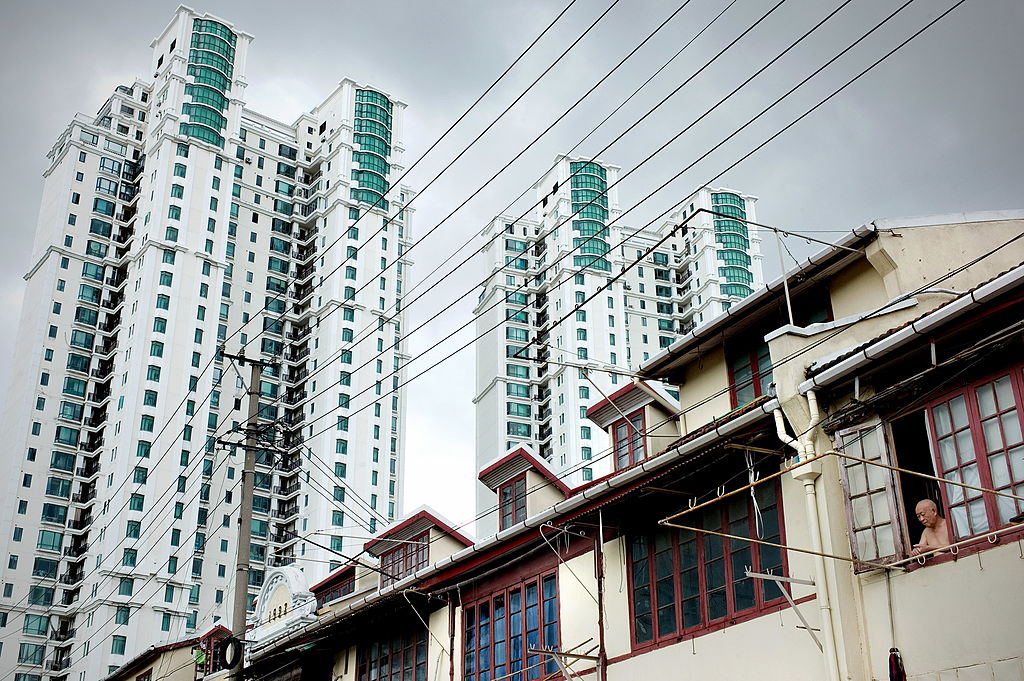The Chinese property bubble is now bigger than the U.S. housing bubble that led to the Great Recession


A free daily email with the biggest news stories of the day – and the best features from TheWeek.com
You are now subscribed
Your newsletter sign-up was successful
The "world's biggest asset bubble" just keeps growing amid the coronavirus pandemic, The Wall Street Journal reports.
A new report in the Journal delves into how a property boom in China has "resumed its relentless upward climb" following COVID-19 lockdowns earlier this year. In fact, according to the report, investors sank more into Chinese real estate last month than ever before. Housing sales in China initially took a dive at the start of 2020.
"The resulting asset bubble, many economists say, now eclipses the one in U.S. housing in the 2000s," the Journal writes.
The Week
Escape your echo chamber. Get the facts behind the news, plus analysis from multiple perspectives.

Sign up for The Week's Free Newsletters
From our morning news briefing to a weekly Good News Newsletter, get the best of The Week delivered directly to your inbox.
From our morning news briefing to a weekly Good News Newsletter, get the best of The Week delivered directly to your inbox.
After all, residential real estate in the U.S. was reportedly seeing about $900 billion a year during the property boom's peak, but in China, investors flooded the housing market with roughly $1.4 trillion over the past 12 months ending in June.
"Because of the pandemic they're actually consuming less, and saving more," Texas A&M University economics professor Gan Li told the Journal. "So they'll actually have more money available to invest. That will create an even larger housing problem." Read more at The Wall Street Journal.
A free daily email with the biggest news stories of the day – and the best features from TheWeek.com
Brendan worked as a culture writer at The Week from 2018 to 2023, covering the entertainment industry, including film reviews, television recaps, awards season, the box office, major movie franchises and Hollywood gossip. He has written about film and television for outlets including Bloody Disgusting, Showbiz Cheat Sheet, Heavy and The Celebrity Cafe.
